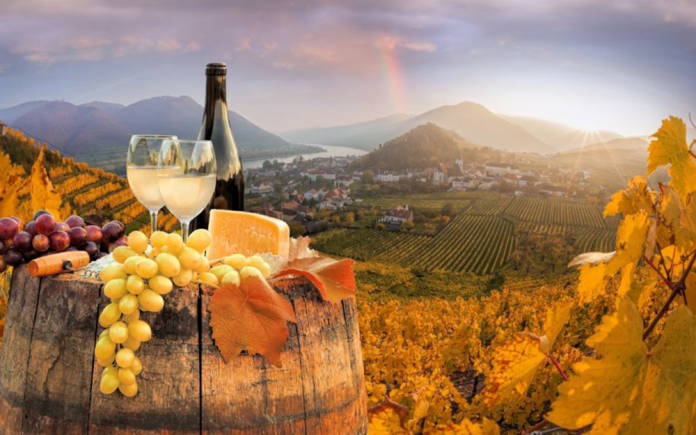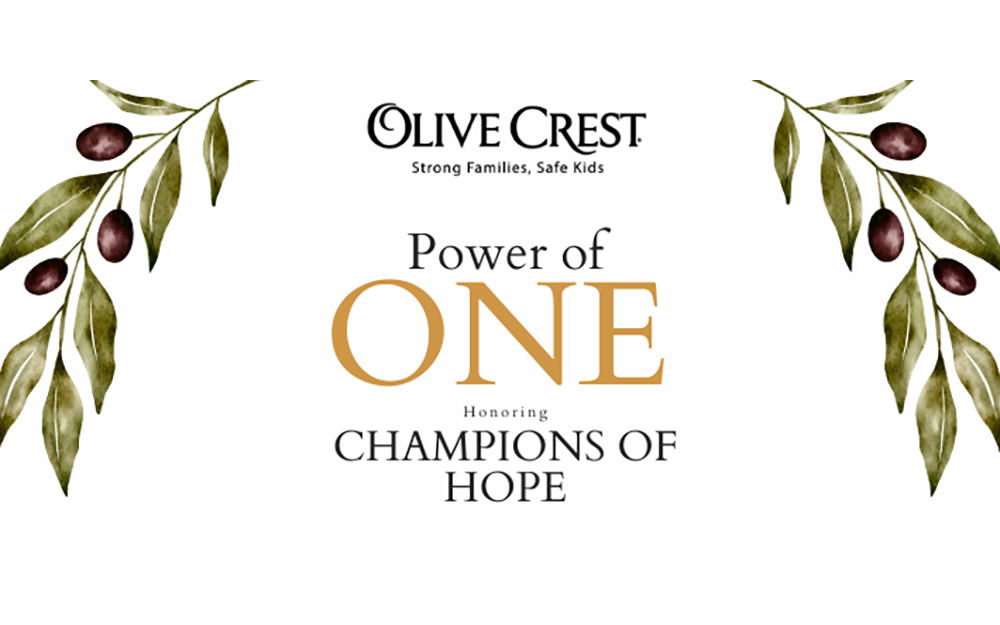
By Rick Riozza
For those engaged in the game of wine, it’s interesting to note that many are unaware of the fact that one of the world’s most famous capitals is named—well, Wine.
Is that the capital of France, Italy, or Spain—no you say! And you are correct! And if you didn’t, you know now, that it’s the capital of Austria. In English, we call it and spell it Vienna; in German/Austrian, it is known as Wien—pronounced “Veen” (now you see the connection to “veen” and “vino”).
Yup—back in the day, when the Romans ruled, that area we know now as Austria—all along the Danube—was wine country, big time! Whether or not the city name began as “wine village” or whatever, Wien put out some good wine!
No capital city is as intimate with wine as Vienna, where more than 1700 acres of vineyards still hold their ground right up to the tramlines within the heart of the residential districts and surge up the sides of the local hills into the woodlands.
Vienna, is called “The city of dreams” because Freud lived there. Vienna is also known as “The city of music” because it had a great influence on classical music. But because of its original city name, its city vineyards and a new generation of winemakers and wine bar owners, there’s a resurgence to refer to it as “The city of wine”.
Most of Vienna’s wine is drunk as Heurige, (pronounced somewhat as “hor-ti-ga”) which actually translates as “this year’s wine”, but over time it also refers to the wine taverns where local winemakers come to serve their freshest wine. Wine guy Hugh Johnson has written, “Every vintner seems to be a tavern keeper too, and chalks up on the board the wines and their modest prices, to be drunk on the spot or carried away. Good Heurige is sensational; spirited, sprightly stuff which goes straight to your head.”
A feature of Viennese vineyards for centuries, the Gemischter Satz is now experiencing a genuine renaissance at these Heurige. A Gemischter Satz is a wine made from a variety of grapes, up to 20 different grape varieties, which are planted in the same vineyard, and harvested and pressed together. This is in contrast to a cuvee, which is a wine made from and blended from different vats. Originally, growers used the varying degrees of ripeness and acidity as a way to ensure consistent quality and guard against the risk of poor harvests.
For the longest time, most wine folks swept Austrian wines under a sub-heading of German ones. First off, I’m a great German white wine fan (Indeed, I can enjoy a dry Kabinett Riesling everyday of my life)—but Austria is not Germany.
Although they share a border, a language, and a brotherly love of Riesling, German and Austrian wines are worlds apart. Austria’s drier (i.e., non-sweet) whites are fuller, richer, headier, and bolder in flavor than Germany’s lighter and leaner wines. Austria’s most famous white is the Grüner Veltliner [GROO-ner VELT-lee-ner] with a general profile of vanilla spice, apricot, pear and grapefruit/ lime notes with nuances of red apples, peach and green herbs. Fresh, fruity, with plenty of acidity to enjoy and match well with all meals.
And now: a couple of Grüner Veltliners that are perfect for springtime parties, lunches, and light dinners.
Ingrid Groiss Grüner Veltliner Niederösterreich Ried Pankraz Reserve 2020 ($49) 93 Points! Floral but zesty, this inviting wine has an expressive mix of peach, fresh apple, and dried apricot flavors infused with ginger and warm spices. It’s a seductive wine, with a charming vanilla note, chalky minerality, and pink grapefruit acidity. What’s not to like in this wine! Maybe I should drink this every day of my life!
Laurenz Five Grüner Veltliner Kamptal Singing 2021 ($15) 90 Points! “A fresh and juicy modern gruner veltliner with plenty of bright citrus and yellow apple fruit that’s easy to enjoy, but has plenty of zesty depth and an attractive balance at the surprisingly long finish. Sustainable.” JamesSuckling.com.
Wine Spectator writes, “Savory and fresh, this boasts green plum, candied melon, tangerine and grass cut with vibrant acidity.” What a great buy! Contact www.winex.com, they have the wine currently in stock.
Johannes Bacher is the Executive Chef and Owner of Johannes Restaurant in Palm Springs. Known as “the Eclectic Chef” he was born and raised in Austria; classically trained, he has taken his passion for food world-wide, securing top chef positions. I personally know the chef and chat with him quite often. His menu is one of the best here in the valley—no question!
And here’s the skinny on his restaurant: it’s where a slew of other chefs and restaurant owners from all over the valley come to dine. That speaks volumes.
Speaking of which, Johannes’ wine menu is an actual volume in itself, containing over 400 wines by the glass, half-bottles, and bottles! It’s one of the most impressive wine lists in the desert, carrying everyone’s favorite label. I love all of his Pinot Noirs, Cabernets, and Chardonnays and more—but please, have fun and be adventurous: Try his Austrians! Currently he is carrying close to 30 Austrian wines.
Simply stated, the food, wine, service, staff and ambiance provide a truly wonderful dining experience that transcends most others in the desert. Johannes Restaurant, 196 S. Indian Canyon Dr. Palm Springs, CA. Reservations: 760.778.0017
Cheers!










































